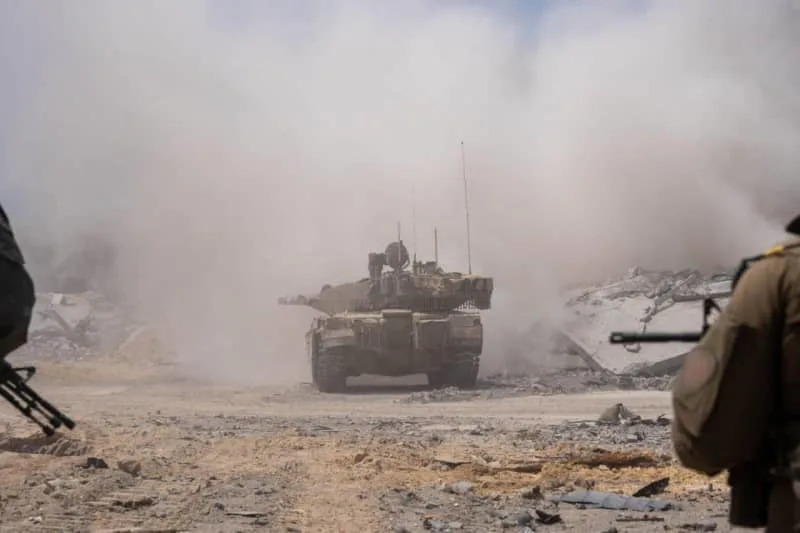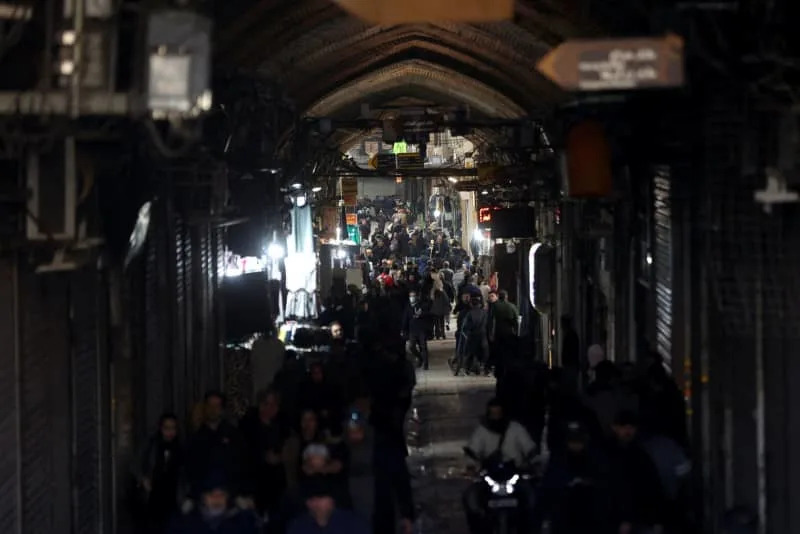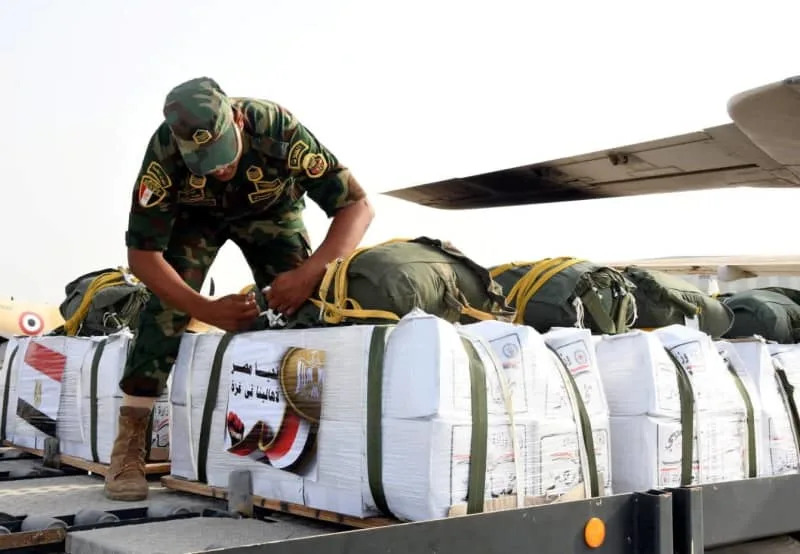A recent study raises alarm over Israel’s electricity system, warning that the country may experience power outages at critical sites during wartime. Led by Dr. Erez Cohen from the Department of Middle Eastern Studies and Political Science at Ariel University, the research highlights vulnerabilities stemming from an overreliance on natural gas, insufficient storage capacity, and a highly centralized electricity sector.
The findings indicate that Israel’s energy infrastructure is ill-prepared for prolonged disruptions, particularly under the strain of security emergencies. The study, published in the journal Energy Sources, Part B: Economics, Planning, and Policy, identifies four significant weaknesses in Israel’s energy system that could lead to severe consequences during conflicts.
Key Vulnerabilities in Israel’s Energy Sector
1. **Overdependence on Natural Gas**: Approximately 70% of Israel’s electricity generation is derived from offshore natural gas, primarily sourced from the Tamar and Leviathan gas fields. This heavy reliance poses risks, as the absence of backup or strategic reserves leaves the system vulnerable to potential missile attacks, terrorism, or cyber threats.
2. **Supply-Demand Gap**: A report from the State Comptroller in 2024 has warned of a looming shortage of natural gas for the electricity sector by 2026. This shortfall could potentially inflict economic damage amounting to hundreds of millions of shekels.
3. **Lack of Storage Capacity**: Despite achieving approximately 12% of electricity generation from renewable sources, Israel lacks adequate storage systems. This deficiency undermines the ability to ensure supply continuity during crises.
4. **High Centralization**: Israel’s national grid is highly centralized. Damage to a major power station or a single gas platform could result in widespread outages across the country.
Dr. Cohen warns of a troubling scenario in which essential services, such as power, water, and hospital facilities, could be compromised during emergencies. He noted, “In the Gaza war, we saw how our dependence on natural gas made us vulnerable. Any malfunction or hit on a central facility could paralyze the entire economy at a critical moment.”
Recommendations for a Resilient Energy Future
Dr. Cohen emphasizes that solutions to these vulnerabilities exist, but they require decisive government action. He advocates for a shift from the current centralized model that relies on a limited number of offshore gas platforms to a more decentralized and flexible energy framework.
“We need local microgrids that will allow critical areas, such as hospitals, water facilities, and remote communities, to keep operating even if the national grid collapses,” he stated.
Investment in energy storage is also critical. Dr. Cohen argues that storage capacity is not merely an environmental consideration but a fundamental national safety requirement. “Without storage capacity, even renewable energy won’t save us in a moment of crisis,” he said.
In addition to physical decentralization, he suggests establishing a comprehensive digital and security defense network. This would involve creating a joint emergency coordination unit that includes the defense establishment, the Energy Ministry, and the Cyber Authority to facilitate real-time management of the electricity sector during crises.
Dr. Cohen concluded with a pressing reminder of the strategic importance of electricity: “We tend to think of electricity as a consumer product, but in reality, it’s a strategic weapon. If we don’t ensure backup, storage, and decentralization, we may find ourselves in the dark when we need the light the most.”







